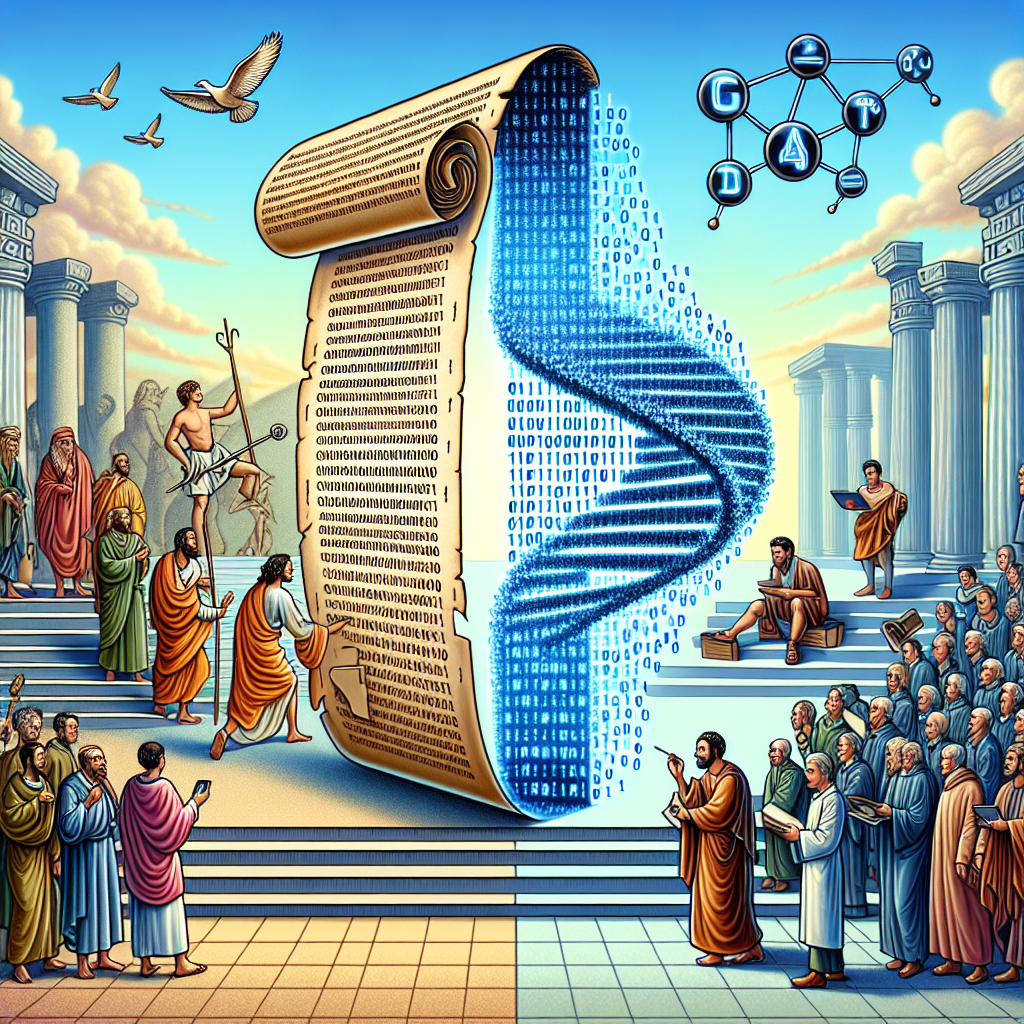From Fiction to Reality: The Evolution of AGI and Its Implications for Humanity
Artificial General Intelligence (AGI) has long been a subject of fascination and speculation in the realm of science fiction. From Isaac Asimov’s robots to Skynet in the Terminator series, the idea of machines possessing human-like intelligence has captured the imagination of writers and filmmakers for decades. But what was once purely a work of fiction is now becoming a reality, as advancements in technology bring us closer to the development of AGI. In this article, we will explore the evolution of AGI, its potential implications for humanity, and the ethical considerations that come with creating machines that can think and learn like humans.
The Evolution of AGI
Artificial Intelligence (AI) has made significant strides in recent years, with applications ranging from autonomous vehicles to virtual assistants like Siri and Alexa. But while AI systems excel at specific tasks, such as image recognition or language translation, they lack the general intelligence and adaptability that humans possess. This is where AGI comes in – a system that can learn and reason across a wide range of tasks, much like a human being.
The concept of AGI dates back to the 1950s, with the development of the first neural networks and early attempts at creating machine learning algorithms. Over the decades, researchers have made steady progress in the field of AI, with breakthroughs in areas such as deep learning, natural language processing, and reinforcement learning. These advancements have brought us closer to the creation of AGI, with some experts predicting that we could achieve human-level intelligence within the next few decades.
One of the key challenges in developing AGI is creating systems that can learn from experience and adapt to new situations. While AI systems can be trained on vast amounts of data, they still struggle with tasks that require common sense reasoning or understanding of context. This is where research in areas such as cognitive science and neuroscience can help, by providing insights into how the human brain processes information and makes decisions.
Implications for Humanity
The potential implications of AGI for humanity are both exciting and daunting. On the one hand, AGI has the potential to revolutionize industries, improve healthcare, and solve some of the world’s most pressing problems. With machines that can think and learn like humans, we could see advancements in areas such as drug discovery, climate modeling, and personalized medicine.
But with great power comes great responsibility, and the development of AGI also raises significant ethical and societal concerns. One of the biggest fears is that AGI could outpace human intelligence and become uncontrollable, leading to scenarios like those depicted in science fiction where machines turn against their creators. This is known as the “singularity” – a point at which AI surpasses human intelligence and accelerates its own evolution, with potentially catastrophic consequences.
Another concern is the impact of AGI on the job market, as machines capable of performing a wide range of tasks could make many human jobs redundant. This could lead to mass unemployment and widening inequality, unless measures are taken to retrain workers and ensure a fair distribution of wealth. There are also questions around the ethical use of AGI, such as how to ensure that machines make decisions in line with human values and priorities.
FAQs
Q: How close are we to achieving AGI?
A: While significant progress has been made in the field of AI, experts are divided on how close we are to achieving AGI. Some predict that we could have human-level intelligence within the next few decades, while others believe that it could take much longer. The key challenge is creating systems that can learn and reason across a wide range of tasks, much like a human being.
Q: What are the potential benefits of AGI?
A: AGI has the potential to revolutionize industries, improve healthcare, and solve some of the world’s most pressing problems. With machines that can think and learn like humans, we could see advancements in areas such as drug discovery, climate modeling, and personalized medicine.
Q: What are the ethical concerns around AGI?
A: The development of AGI raises significant ethical and societal concerns, such as the fear of machines outpacing human intelligence and becoming uncontrollable. There are also concerns around the impact of AGI on the job market, as machines capable of performing a wide range of tasks could make many human jobs redundant.
In conclusion, the evolution of AGI represents a significant milestone in the field of artificial intelligence, with the potential to revolutionize industries and improve human life in countless ways. However, the development of AGI also raises important ethical considerations that must be addressed to ensure that these powerful technologies are used responsibly and in the best interests of humanity. As we continue to push the boundaries of what is possible with AI, it is essential that we do so with caution and foresight, mindful of the potential risks and rewards that come with creating machines that can think and learn like humans.

